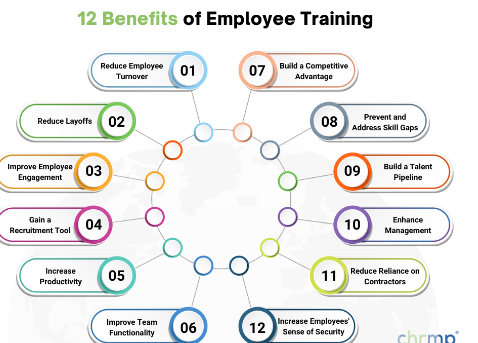
Training and development are integral components of human resource management, serving as a vital subsystem within an organization. Their primary objective is to facilitate the continuous enhancement of employees' skills and to cultivate a culture of lifelong learning. Essentially, they form the bedrock upon which consistent high-quality performance from employees can be built.
In today's dynamic business environment, organizations across all scales recognize the imperative nature of staying abreast of evolving communication skills and knowledge. As resources remain limited, companies are compelled to optimize their costs while enhancing the productivity and efficiency of their workforce. This can only be achieved through effective training methods and development initiatives.
The modern approach to training and development is embraced by organizations that understand its intrinsic value. Rather than viewing it as an added expense, they recognize it as an investment in retaining talent and fostering a smarter, more capable workforce. Conversely, the traditional viewpoint disregarded training as inconsequential to skill development, often attributing proficiency solely to innate managerial abilities. However, this outdated perception is gradually giving way to a more enlightened understanding of the importance of training.
The objectives of training and development extend beyond merely supplying skilled workers to teams. They encompass organizational, individual, societal, and functional dimensions:
Organizational objectives: Enhance individual effectiveness to align with organizational goals.
Individual objectives: Empower employees to achieve personal goals, thereby enhancing their contributions to the organization.
Societal objectives: Ensure organizational readiness to address societal challenges and needs ethically.
Functional objectives: Maintain departmental contributions in line with organizational requirements.
Training and development, as viewed from the lens of human resource management, focus on improving the performance of both individuals and groups within the organizational framework. This may be referred to by various names such as learning and development, human resource development, or employee development.
These initiatives typically encompass three key activities: training, education, and development. Training targets specific job-related skills and is evaluated accordingly. Education prepares individuals for future roles, while development focuses on enhancing capabilities for present and future responsibilities, often challenging to predict.